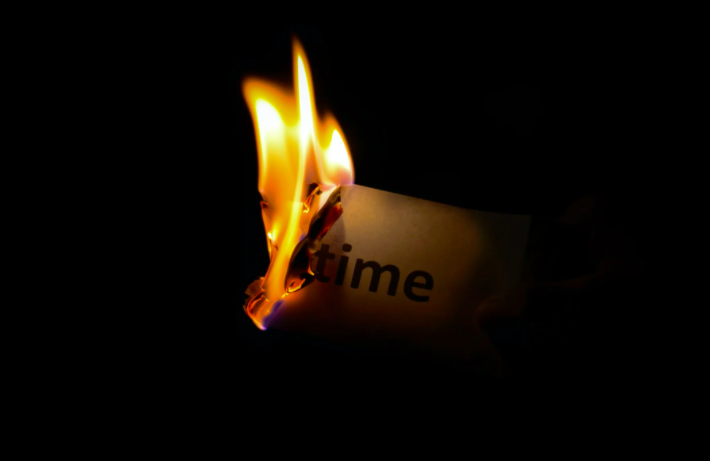I recently had dinner with three friends, one of whom seemed to be in particularly good spirits. When I asked why, he stated that he had just paid off his mortgage. Before I could congratulate him, our other friend asked, “What fun is there in that?”
I inquired what he meant, and he responded that because no-one knows what tomorrow will bring we should all live life to the fullest today regardless of cost. Upon hearing this I noted that, amongst other things, it was statistically inaccurate. Not unexpectedly, I was challenged to explain why.
I replied: “First, while we do not know ‘what tomorrow will bring’ we do know that the average life expectancy is roughly the late-70s. We also know that the average person’s ‘peak earning years,’ or the years someone is expected to make their highest salary, is between the mid-40s-to-mid-50s. This leaves roughly 20-years between the end of peak earnings and the average life expectancy. If your mortgage and other debts are not paid off before then, how do you expect to finance them?”
My question was a loaded one because several of our other friends, who are all in their fifties, have lost their jobs and are currently struggling to service their debts and pay their bills. In fact, I have seen so many cases of this—from both white collar and blue collar workers alike—that helping to mitigate its effects is one of the reasons why I decided to write this column series.
A couple of generations ago people like my grandparents held “mortgage burning parties,” which involved literally burning all loan documents once a mortgage was paid off. This act was seen as a rite of passage because owning a home outright was viewed as the American Dream. Somehow this rite of passage has been lost. We should get it back.
Before proceeding it is important to state a basic proposition: A house is a home where you and your family live. It is not an investment with equity to “unlock” or an ATM-like repository of cash to “extract.” Therefore, when you pay off your mortgage, you and your family should be able to live in your home relatively comfortably so-long-as you can maintain it, and pay its expenses (such as utilities and taxes).
There are a number of ways to pay off a mortgage. The first entails making the required payments every month for the duration of the loan, usually 20-30 years. This is a long time, but if you do not use your home as collateral for other loans (such as home equity loans) it is the basic way to pay off a mortgage.
If you have disposable income, and there is no penalty for pre-paying your mortgage, you can make extra payments to pay off a mortgage faster. For example, if you make one extra mortgage payment a year on a typical 30-year fixed rate mortgage, you can reduce your mortgage duration by approximately 8 years (to 22-years from 30-years).
An efficient way of paying off a mortgage quickly can occur during one’s peak earning years. As noted above, this is the time period people can expect to make their highest salaries. As a result, during these years some people can make more than one extra mortgage payment a year thereby paying off their mortgage even faster. This is how my friend paid off his mortgage.
Admittedly, this may not sound like fun to some people, which is why we should bring mortgage burning parties back. Parties are fun, and there are not many things better to celebrate than being mortgage free.
Six steps to mortgage pay-off: Act Now





